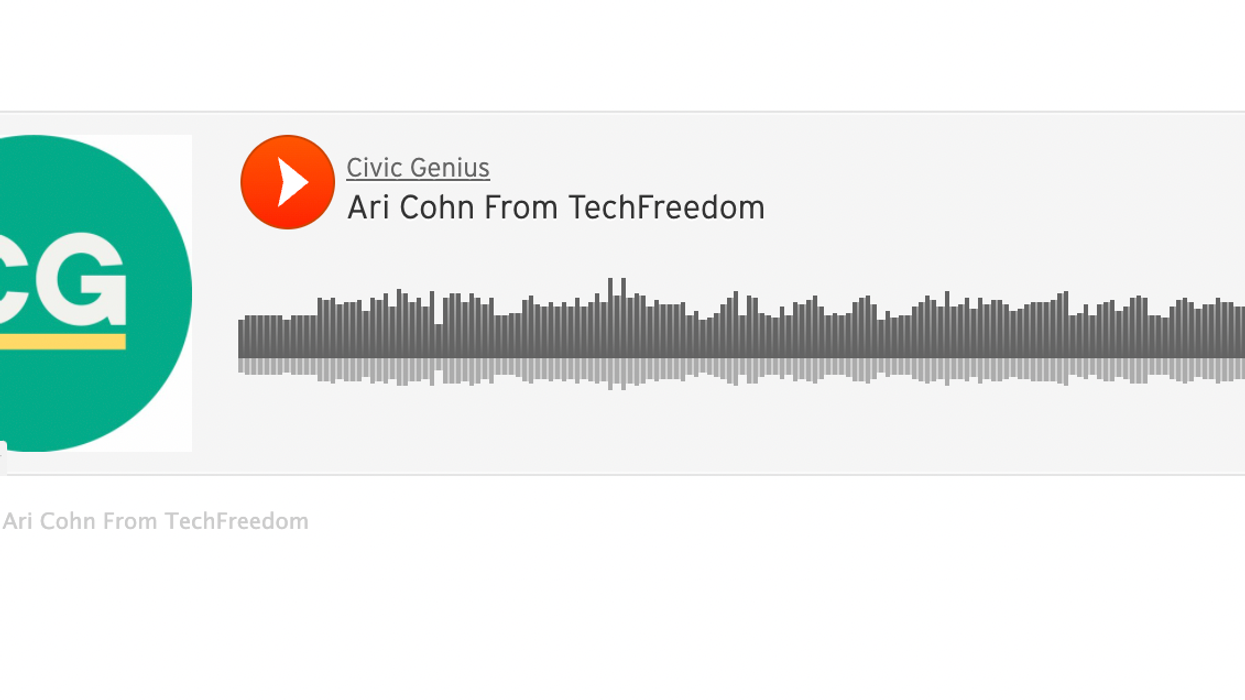There are dozens of bills floating around Congress that would regulate tech companies, and a good chunk of them are aimed at changing the way social media companies moderate content on their platforms.
To learn more about the different proposals out there and how they interact with our First Amendment rights, we sat down with Ari Cohn, Free Speech Counsel at the technology think tank TechFreedom.






















Trump & Hegseth gave Mark Kelly a huge 2028 gift